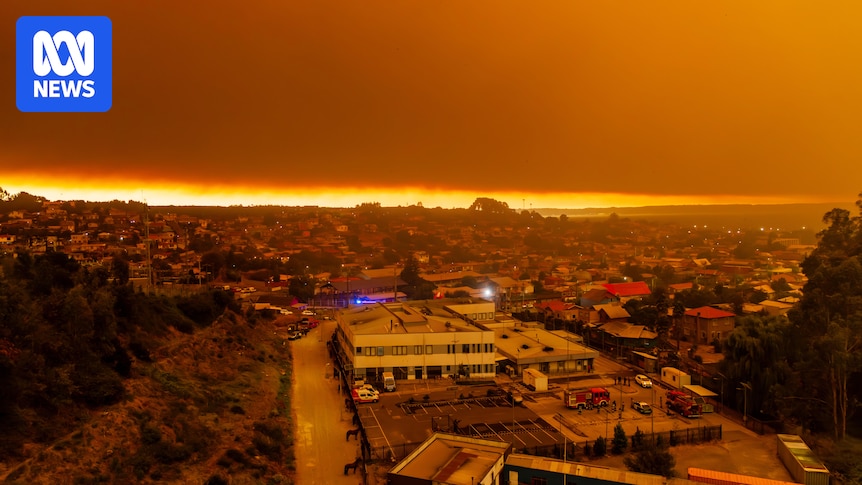
The Global Summit on Climate Change kicked off today in Geneva, drawing leaders and environmental experts from around the world. The summit, which runs from October 10-14, aims to address the escalating climate crisis and forge a path toward sustainable solutions. This year’s meeting is particularly critical as extreme weather events have intensified, highlighting the urgent need for coordinated global action.
With the theme “Uniting for a Greener Future,” the summit seeks to build on previous agreements and introduce new commitments to reduce carbon emissions. Key topics include renewable energy adoption, deforestation, and climate finance. As the world grapples with the effects of climate change, the summit’s outcomes could significantly influence future environmental policies.
Urgency Intensified by Recent Disasters
The announcement comes as recent natural disasters have underscored the pressing need for action. From devastating floods in South Asia to unprecedented wildfires in North America, the impacts of climate change are becoming increasingly difficult to ignore. According to the World Meteorological Organization, the past decade was the hottest on record, with 2023 set to continue this alarming trend.
“Climate change is no longer a distant threat; it is a present-day reality,” said Dr. Maria Sanchez, a leading climate scientist. “The decisions made at this summit could determine the future of our planet.”
These developments follow a series of reports indicating that global temperatures are rising faster than anticipated, prompting calls for immediate and substantial action. The Intergovernmental Panel on Climate Change (IPCC) has warned that without drastic measures, the world could surpass the critical 1.5°C warming threshold within the next decade.
Global Leaders and Their Commitments
Meanwhile, leaders from major economies have arrived with varying levels of commitment. The United States has pledged to cut emissions by 50% by 2030, while the European Union aims for climate neutrality by 2050. China, the world’s largest emitter, has committed to peak carbon emissions by 2030 and achieve carbon neutrality by 2060.
However, experts caution that these pledges must be backed by concrete actions and accountability mechanisms. Dr. Liam Chen, an environmental policy analyst, emphasized the importance of transparency in tracking progress. “Commitments are only as good as their implementation,” he noted. “We need robust systems to ensure that countries are held accountable.”
Challenges and Opportunities
The move represents both a challenge and an opportunity for global cooperation. While the political will to address climate change is growing, significant obstacles remain. Economic disparities, technological gaps, and geopolitical tensions can hinder progress. However, the summit also offers a platform for innovation and collaboration.
According to sources, several countries are expected to announce new partnerships in renewable energy projects and climate adaptation strategies. These initiatives could drive technological advancements and create economic opportunities, particularly in developing nations.
By the Numbers:
- Global carbon emissions reached 36.4 billion metric tons in 2022.
- Renewable energy accounted for 29% of global electricity generation in 2021.
- The global climate finance gap is estimated at $100 billion annually.
Looking Ahead
The implications of the summit’s outcomes will be far-reaching. Successful agreements could accelerate the transition to a low-carbon economy and mitigate the worst effects of climate change. Conversely, failure to act decisively could exacerbate environmental degradation and socioeconomic inequalities.
As the summit progresses, the world watches closely, hopeful for a unified commitment to safeguarding the planet. The next steps will require not only political leadership but also public engagement and private sector innovation. The decisions made in Geneva could shape the trajectory of global climate action for years to come.







